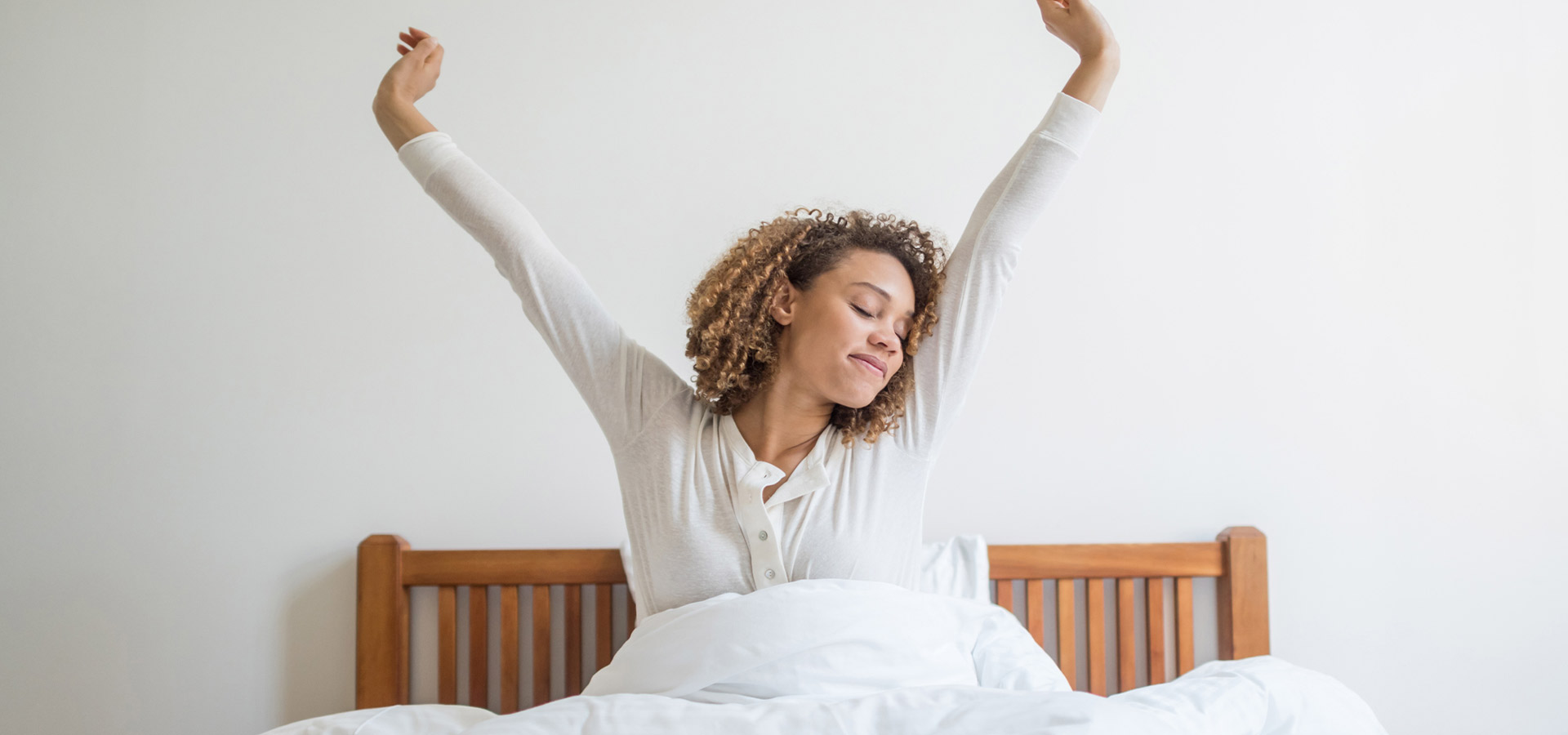Six Tips for a Better Night’s Sleep
After a long day, it’s nice to be able to crawl under the covers and fall into a deep slumber. But what if once you’re in bed, you find yourself staring at the ceiling, wide awake?
“You may have insomnia, which is difficulty falling or staying asleep,” said John C. Carter, MD, sleep specialist at MetroHealth.
Insomnia occurs in at least a quarter of the U.S. population and can contribute to daytime drowsiness, irritability, poor work performance and difficulty in relationships, added Dr. Carter. Fortunately, there are things you can do at home to ensure you’re well-rested.
- Stick to a sleep schedule. Having the same bedtime and wake-up time every day helps the body stay in a healthy sleep rhythm.
- Establish a nightly routine. Whether you read a book, work on a crossword puzzle or meditate, engaging in a relaxing activity before you get in bed can signal your brain that it’s time to sleep.
- Create a calm environment in your bedroom. Keeping it cool (68 degrees or under for most people), dark and quiet in your bedroom can make a world of difference.
- Avoid screens at least an hour before bedtime. Television, mobile phones and tablets emit blue light, which can interfere with sleep.
- Exercise. Regularly getting your sweat on can improve sleep quality and reduce the amount of time needed to fall asleep. Try to exercise earlier in the day rather than right before bed.
- Practice paradoxical intention. If you are struggling to fall asleep, focus instead on trying to stay awake. This practice can actually make you feel drowsy.
MetroHealth’s Sleep Clinic specialists can create personalized treatment plans.
Call 216-778-5864 for more information.
Contributor:

John C. Carter, MD
Sleep Specialist











